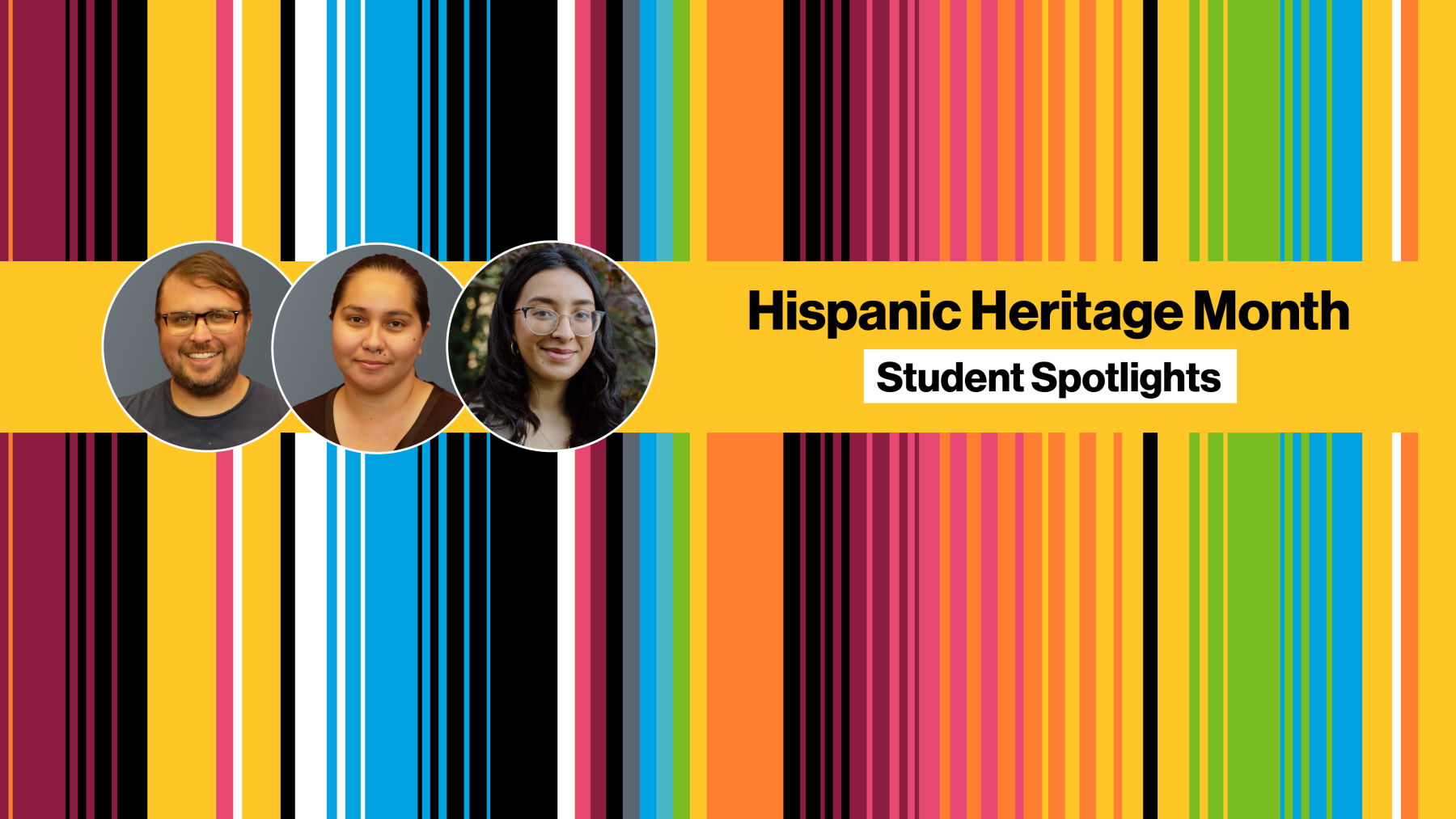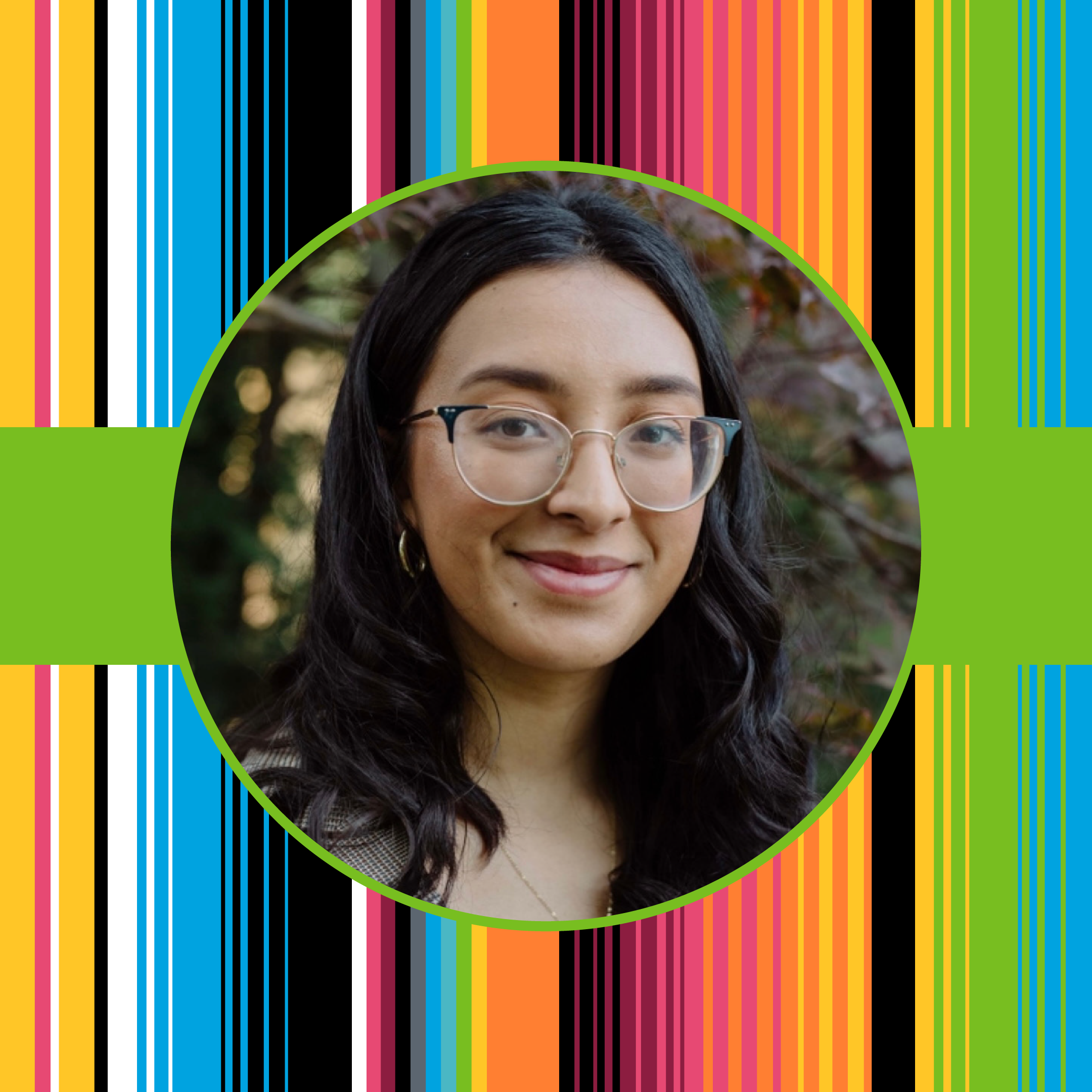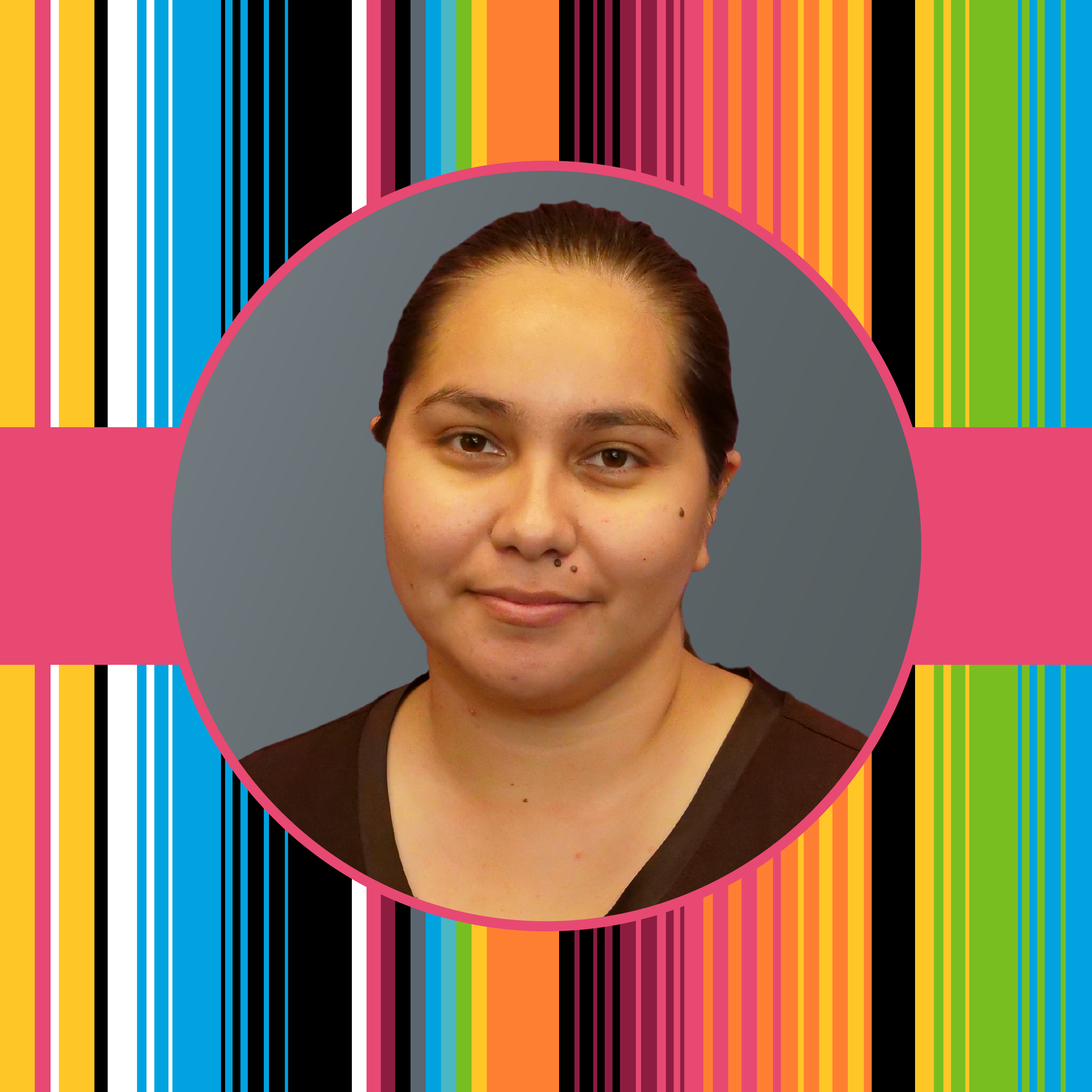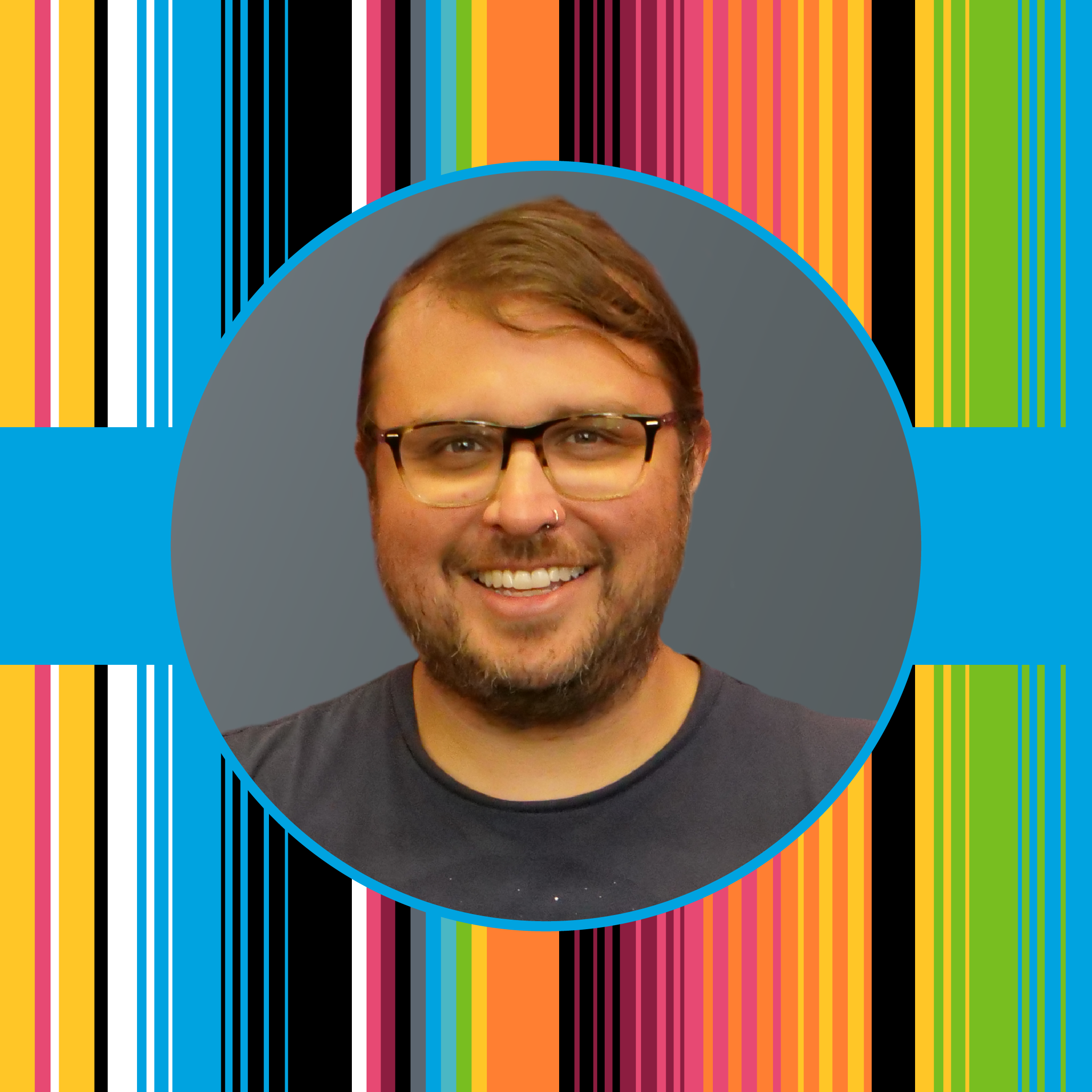
Hispanic Heritage Month Student Spotlights
Starting mid-September through October 15, the nation celebrates Hispanic Heritage Month! This 30-day celebration highlights the robust history and culture of Hispanic and Latin American communities. There are many ways to observe this tradition, from local events serving cultural food staples to musical performances and other forms of art and entertainment.
At the Graduate College, we are proud to highlight the background and achievements of our student body that make the university so unique and diverse. In this three-part Q&A, we celebrate the contributions of Hispanic and Latinx students across disciplines and specialties. Enrichment Fellows Alejandra Sandoval-Martinez, Autumn Pauley and Daniel Jose Sanchez talk about their academic paths, inspiration and how they decompress during the semester.
Autumn Pauley

Degree: PhD
Program: Global Health
College: School of Human Evolution and Social Change
Please tell us about your academic and professional background.
I am Autumn Pauley, a first-year Global Health PhD student. I received my Bachelor of Science at Iowa State University (ISU). I double majored in Anthropology and International Studies, with a minor in Chinese. During this time, I worked as a research assistant in the paleoecology laboratory at ISU, where I conducted stable isotope analysis of various communities in North America. I am a School of Human Evolution and Social Change graduate student!
What types of problems do you work on and why do you think they are important?
My research focuses on understanding how the environment and ecological pressures shape the composition of breast milk by collecting samples of milk from different regions and comparing the nutrient breakdown in each sample. By uncovering these connections, I aim to shed light on how our environment directly influences infant nutrition and human well-being. This understanding could lead to groundbreaking insights that have the potential to revolutionize infant nutrition and impact global health strategies. Eventually, my work aspires to contribute to a healthier, more resilient future for mothers and babies worldwide.
How did you become involved in this type of work; what inspired you?
I became interested in this type of work through doing a bunch of readings across the field and work on lactation stood out to me. This topic could make a difference and would allow me to change my research
depending on the life stage I am in.
What’re your relaxation practices to recharge during the semester?
I enjoy taking my dog, Rigatoni, on walks and calling my family to find out what's happening back home.
Alejandra Sandoval-Martinez

Degree: PhD
Program: Counseling Psychology
College: College of Integrative Sciences and Arts
Please tell us about your academic and professional background.
Hello, my name is Alejandra Sandavol-Martinez! I graduated from Swarthmore College with a Bachelor of Arts in Psychology and Spanish. Shortly after, I committed to a year of service with AmeriCorps. During that year, I helped advance a research project to identify and update risk factors for intimate partner homicide with Arizona State University's Office of Gender-Based Violence. After completing the year of service, I enrolled in ASU's Master of Counseling program to help address health and mental health disparities among racial and ethnic communities. During this time, I decided to continue pursuing my doctoral degree in Counseling Psychology to receive more in-depth statistical and clinical training to serve said communities further.
What types of problems do you work on and why do you think they are important?
My research addresses health disparities burdening the Latinx community through exercise and sport participation. More specifically, Latinx women and girls participate in sports and activities at lower rates than other ethnic women and men. I hope to make exercise and sports participation more accessible to Latinx girls and women because they, too, deserve to reap the benefits of physical activity and access another avenue into higher education through sports scholarships.
How did you become involved in this type of work; what inspired you?
First-hand personal experiences where people were left behind by systems in place meant to support them fueled my passion for addressing health and mental health disparities. However, I was introduced to research in sports and exercise by my mentor and advisor, Alisia (Giac-Thao) Tran, who guided me to see different perspectives to address disparities and promote social justice.
What’re your relaxation practices to recharge during the semester?
I take walks to catch some sunlight and fresh air, play with my dog and spend time with my loved ones.
Daniel Jose Sanchez

Degree: Master’s
Program: Master’s in Public Administration
College: Watts College of Public Service and Community Solutions
Please tell us about your academic and professional background.
I have Bachelor’s and Master’s of Arts in Sociology from the University of Northern Colorado. I am also incredibly fortunate to have earned an additional Master’s in Public Administration from Arizona State University. During my professional career, I have been lucky to work in Community and Public Women’s Healthcare and Higher Education Administration. All while continually working as adjunct faculty in sociology! I have a straightforward belief that we should help people work towards better. For me, that means working in fields where I can utilize my passions to advance people. Specifically, I have always loved learning in the higher education setting; therefore, working towards advancing students was where I knew I would benefit.
What types of problems do you work on and why do you think they are important?
I work on understanding the role of culture, gender, and family relationships (i.e., mothers, fathers, siblings, grandparents, etc.) in child and adolescent development, primarily focusing on low-income Latinx families. My research will draw on data from the ASU SIBS (studying sibling relationships) project, a randomized clinical trial funded by the National Institute of Child Health and Human Development, to test the effectiveness of a family-based prevention program delivered in afterschool settings to Latinx children. I want to ensure all families are heard, seen, understood, and advanced, including our most vulnerable. When one family or child has wants, needs and desires, we all are responsible for improving their lives.
How did you become involved in this type of work; what inspired you?
I became involved in this type of work by accident. Due to low enrollment, I was laid off from my role as a full-time instructor with the community colleges during the COVID-19 pandemic. To be frank, I was devastated. I love teaching. I thought I would try out being on a research team; thus, I found a Survey Interviewer Sr. Role with the ASU SIBS Project, administering our project in three of the ten schools we were testing it at. I fell in love with the entire research team and process! I saw in real-time the difference we were making and the knowledge we were gaining to make the world better! I stayed on the team as a volunteer and was encouraged to apply to the PhD program in Family and Human Development at ASU – the rest is history! I am so happy to be where I am.
What’re your relaxation practices to recharge during the semester?
I love reading (yes, even our 'boring' journals and academic rhetoric. I don't think they are boring, but some people may). I make it a point to read for fun for 13 minutes a day, at least 4-5 days a week. This is around an hour a week, which is not much, but it prepares me to read the more dense stuff that I focus on. I adore walking my dog! I do it most mornings and during that time, I listen to podcasts, FaceTime or call friends and family. As far as other de-stressors, I like to work out. If it's cardio, you better believe I am working out while watching a TV show on my phone!
More stories from the Graduate Insider

Inside Graduate College’s Three Minute Thesis competition
When Aliyah Egan stepped onto the stage as a master’s student in last year’s Graduate College Three Minute Thesis (3MT) competition, she faced a challenge familiar to many researchers: explaining complex, specialized work to an audience with little or no background in her field.

Mentoring with intention: Strengthening graduate support at ASU
January is National Mentoring Month, a time to celebrate the impact mentoring can have and to reflect honestly on where gaps remain. At Arizona State University, mentoring is recognized as a critical component of graduate student success.

Graduate education is an adventure
About eighteen months ago, I set out on a journey walking the islands of the Dodecanese during a sailing trip in Türkiye and Greece with several friends. Along the way, I found winding paths, timeless villages and breathtaking views of sea and sky. That experience got me thinking about how adventure shows up in other parts of life, especially in learning.